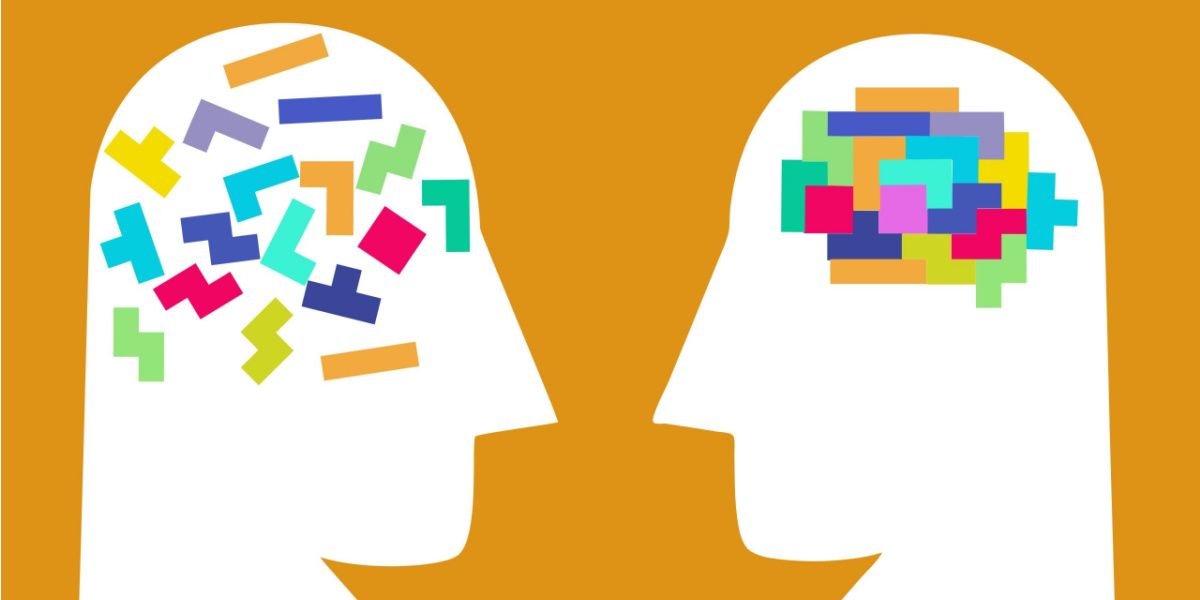- Group therapy is typically carried out at an array of locations including private medical practices, hospitals, mental health centers, rehab facilities, community centers, and churches.
- Group therapy sessions usually have a sole focus that unites all the patients, for example, substance addiction. This allows patients to understand their symptoms are not unique to them and fosters acceptance, belonging, and a sense of community within the group.
- Group therapy patients are discouraged from interacting with one another outside of sessions. This may detract from the therapeutic value of group therapy sessions.
What is group therapy?
Group therapy is a type of psychotherapy that involves one or more therapists leading a group of roughly 5 to 15 patients. It is a broad term for any type of therapy intended to reduce symptoms of mental health conditions and aid recovery for five or more people.
Group therapy is typically carried out at an array of locations including private medical practices, hospitals, mental health centers, rehab facilities, community centers, and churches.
How does group therapy work?
A standard group therapy session may have a circle of chairs arranged in a room so that all patients can see one another.
The therapy session may begin with each person introducing themselves and sharing their reason for being there. Returning members may share their experiences and any progress or setbacks they feel they’ve encountered since the last session.
Group therapy sessions usually have a sole focus that unites all the patients, for example, substance addiction. This allows patients to understand their symptoms are not unique to them and fosters acceptance, belonging, and a sense of community within the group.[1]
Sessions are led by qualified therapists with specialized skillsets. Their aim is to guide patients using proven strategies for the management of their condition.
The goals of group therapy can be split into process goals and outcome goals.[1]
- The process goal is to provide a comfortable environment that allows patients can grow into functioning members of the group.
- The outcome goals include behavioral improvements, development of interpersonal skills, implementation of coping mechanisms and preventative steps, and a return to a functioning member of society.
Principles of group therapy
Considered an authority on the subject, Irvin Yalom outlined 11 primary ‘therapeutic factors’ which are now widely accepted as underpinning changes brought about through group therapy.[2] They are discussed below:
- Universality – patients recognize that other people exist with similar thoughts, feelings, and struggles.
- Cohesion – patients feel a sense of belonging, trust, and support from one another.
- Altruism – patients improve their self-image by helping other patients.
- Interpersonal learning – patients develop their interpersonal skills by sharing feedback with one another and fostering a comfortable, learning environment.
- Imparting information – patients gain knowledge from sharing experiences and are encouraged to change.
- Catharsis – patients experience relief from sharing their past and present experiences.
- Family re-enactment – patients learn from the recreation of negative family dynamics in a secure environment.
- Development of socialization techniques – patients learn new social skills through engaging with one another in meaningful ways.
- Imitative behavior – patients gain insight by observing the behavior of other participants.
- Instillation of hope – patients are buoyed by the success of other group members and inspired that they too can overcome their issues.
- Existential factors – patients realize they are responsible for their life decisions and the direction their life takes going forward.
What conditions can group therapy help with?
Group therapy sessions typically focus on a specific mental health condition, bringing people who have had similar experiences together for treatment. Some examples of mental health conditions a group could focus on include:
- Generalized anxiety disorder.
- Panic disorder
- Attention deficit hyperactivity disorder (ADHD)
- Obsessive-compulsive disorder
- Post-traumatic stress disorder
- Substance abuse disorder (e.g., alcohol, narcotics, antidepressants)
- Eating disorders
- Depression
- Phobias
Aside from mental health conditions, group therapy is used to treat:
- Stress
- Family problems
- Domestic violence
- Anger management
- Grief
- Chronic pain
- Chronic illness (e.g., AIDS)
- Weight issues
- Victims of abuse
Group therapy vs support groups
Group therapy and support groups operate in different ways and provide different functions. Here are some ways in which they vary.
Leadership
Group therapy sessions are led by trained therapists, who encourage members to follow proven strategies to manage their condition.
Support groups are not usually led by trained professionals, they are led by group members and can be seen as ‘peer run’.
The primary goal
The primary goal of a support group is to aid members in coping with their issues e.g., a group of people who have had a family member recently diagnosed with cancer providing each other with succor and comfort.
Whereas with therapy groups, the primary goal is bringing about a positive change e.g., managing a mood disorder to prevent it from interfering with your everyday life.
Closed membership vs. Open membership
Therapy groups are typically closed, with membership eligibility assessed by the group therapist, and the same group of people meeting regularly.
While support groups can be closed, they usually have an open membership with patients able to drop in at their leisure.
Interpersonal relationships outside of sessions
Group therapy patients are discouraged from interacting with one another outside of sessions. This may detract from the therapeutic value of group therapy sessions. Group therapists may establish a rule from the start that any information shared in ‘extra group’ socializing is to be shared with the group at the following session.[3]
Support groups, however, are encouraged to reach out to one another, connect and support one another outside of the sessions.
Group therapy vs. Individual therapy
Both group therapy and individual therapy are effective ways of managing mental health conditions and other chronic issues. Below are a few ways group therapy can be a better option than individual therapy:
Mutual support & acceptance
Group therapy allows patients to experience the support and succor of others in the group. This cohesion and sense of belonging may enable patients to deal with disturbing aspects of their problems more effectively than individual therapy.[4]
Therapist insight on patient’s social profile
A therapist can develop a clearer understanding of a patient’s social profile by observing the way they interact with others. This enables them to interpret the patient’s conflicts and negative behavioral patterns and intervene where appropriate.[3] Also, therapists tend to be related with more easily, as they are seen as real people and participatory figures in the communal environment created within the group.[4]
Inspirational stories
Patients may usefully use one another as positive or negative role models, taking inspiration from one another’s experiences and stories.[4] Peer discussion can enable one another to access shared positive conclusions and interpretations of each other’s experiences, facilitating growth outside of therapy in everyday life.
Cost-effective
Group therapy is generally more affordable than individual therapy as the therapist's cost is split between a larger number of people.
Where can I find group therapy?
If you feel that you or someone you care for may benefit from group therapy, consider the following steps.
- Seek medical consultation – talk with your doctor to identify the best form of treatment for your condition
- Health Insurance – assess whether your health insurance covers group therapy to ensure you don’t lose out financially.
- Group therapy or support group – Assess which aid would benefit you most e.g. CBT group, psychoeducational group, or a support group.
- Substance abuse groups – there are numerous recovery centers across the country that incorporate group therapy into their recovery plans. Reach out today if you or a loved one is struggling with substance abuse.
Group therapy may not be sufficient on its own for your needs. It can be combined with individual therapy, support group participation, and prescribed medication. Consult your doctor, therapist, or another licensed medical professional to decide what combination of treatments best suits your requirements.
If you are looking for group therapy sessions related to substance use disorders in your area then visit our rehab directory.


-guide-detail.jpg?v=1722503307)
